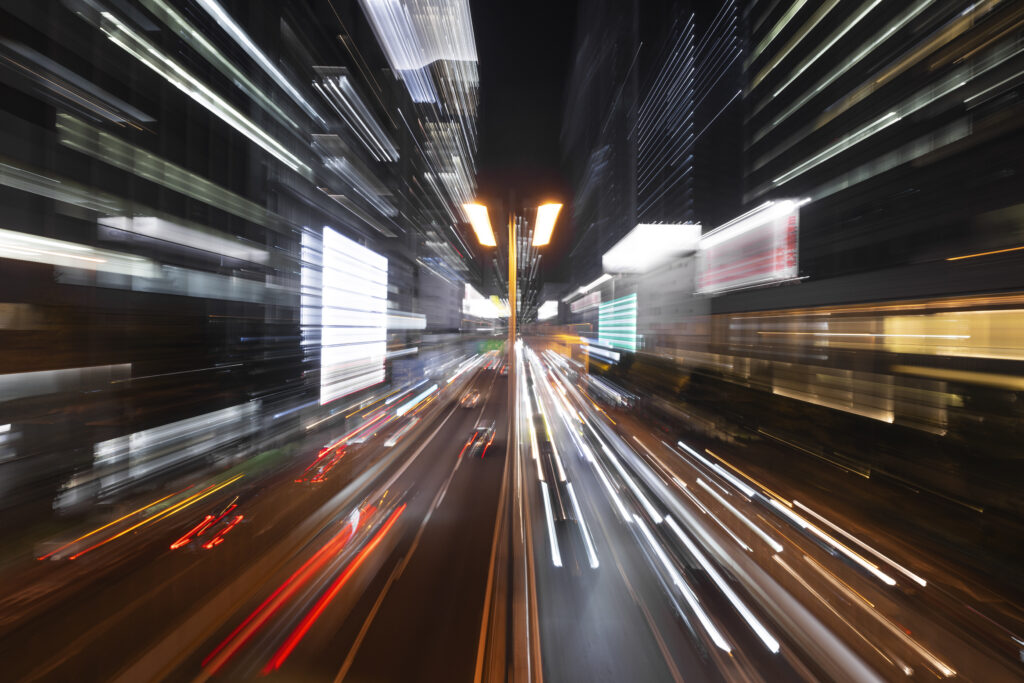In today’s hyper-connected world, even time itself seems too slow. It’s not enough that people speed up WhatsApp audio messages to 1.5x or even 2x playback — they now rush conversations, decisions, and human interactions as if life were a race. Why has impatience become our new default?
The Rise of Urgency Culture
Sociologists describe this phenomenon as “urgency culture,” where immediacy is no longer a luxury but an expectation.
Dr. Judy Wajcman, Professor of Sociology at the London School of Economics, explains: “We live in an acceleration society where everything must happen faster, yet we feel we have less and less time.“
The paradox is striking: technology promises speed and convenience, yet people feel increasingly time-starved. Waiting two hours for a reply now feels like an eternity, despite living in an era where communication travels at the speed of light.
How Digital Speed Is Rewiring Our Brains
Exposure to endless streams of rapid content is fundamentally reshaping how we think and behave. A 2021 study published in Nature Communications found that our collective attention span is shrinking dramatically due to the constant barrage of digital stimuli.
Social media, short videos, and instant messaging have conditioned our brains to crave immediate feedback — and to lose patience with anything that requires reflection or time.

The Anxiety Behind “Fast-Forwarding” Life
When people listen to voice messages at double speed or push conversations to move faster, they are not just saving time — they are managing a deeper fear: the fear of wasting it.
Professor Hartmut Rosa, a renowned sociologist on social acceleration, argues in his book Social Acceleration that “acceleration has become the hallmark of modern life. To stand still is to fall behind.“
We have internalized the idea that any moment not optimized, any second not rushed through, is a second lost forever.
Consider a typical WhatsApp exchange today:
A friend sends a thoughtful 2-minute audio message. Instead of listening in real time, the recipient plays it at double speed, sends back a rapid half-thought reply, and moves on — missing the nuance, the emotion, and the human connection in between.
The Hidden Cost of Speed
The faster we go, the more we lose. Psychological research shows that chronic haste leads to higher stress levels, shallow thinking, and diminished empathy. The American Psychological Association warns that a constant sense of urgency is a significant contributor to mental health issues, including anxiety and burnout.
MIT professor Dr. Sherry Turkle, author of Reclaiming Conversation, puts it simply: “When we rush communication, we miss each other. Listening deeply takes time — and it’s something technology cannot speed up.“
In the race for efficiency, we are sacrificing exactly what makes communication meaningful: attention, empathy, presence.
A Slow Revolution?
Not everyone is surrendering to the cult of speed. Movements like the “Slow Movement,” championed by journalist Carl Honoré, advocate reclaiming our right to take things slowly. In his acclaimed book In Praise of Slow, Honoré reminds us: “The world won’t slow down for us, but we can choose to slow down in the world.“
Choosing patience in a fast-forward society is becoming an act of quiet rebellion — and perhaps, a way to reclaim not just our attention, but our humanity.
Thrive with us. Stay tunned. www.uvibethrive.com

